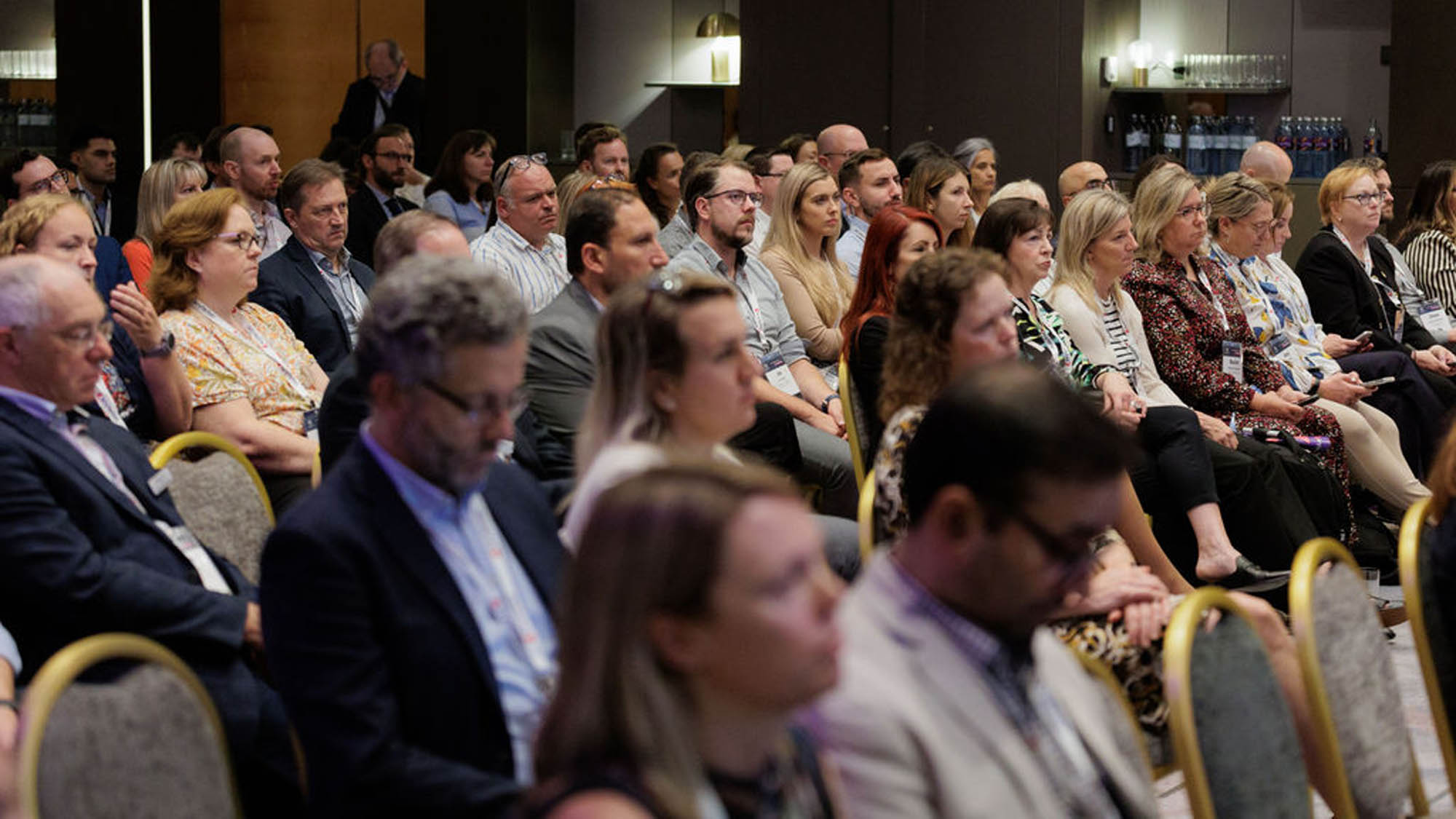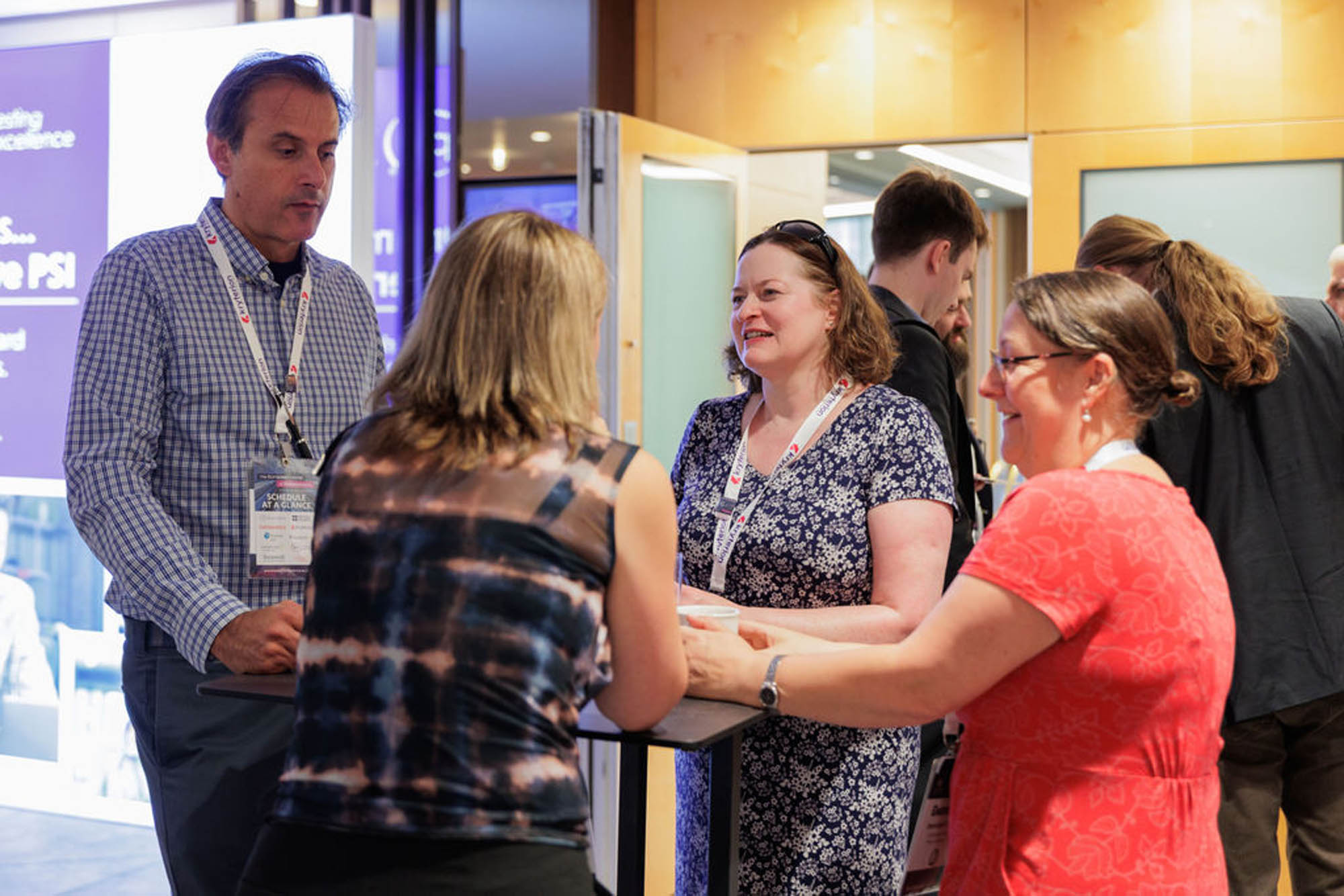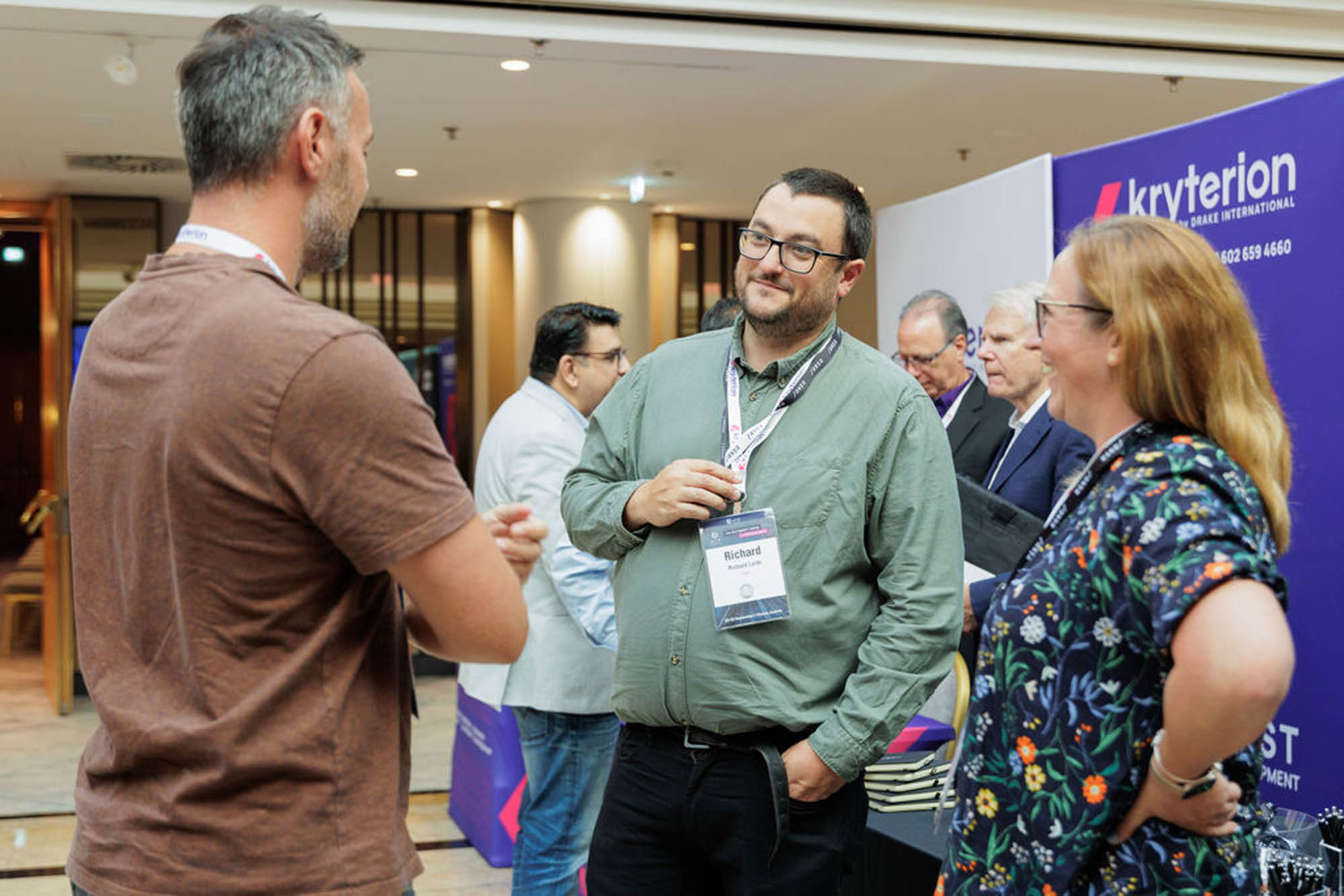About Dr. Mary Richardson
 She began working in academia in 2002, first lecturing and then leading the BA Education at the University of Roehampton. Prior to joining academia, she was a Senior Research Officer in the department of Research and Statistics for AQA conducting national studies relating to school-based examinations, testing regimes in schools and the impact of testing on children alongside the key role in awarding national examinations. Mary is currently developing philosophical work on ethical use of AI in assessment alongside leading the reporting for NI/Wales for PISA25 and also continuing to develop work on the impact of high stakes testing on children and young people.
She began working in academia in 2002, first lecturing and then leading the BA Education at the University of Roehampton. Prior to joining academia, she was a Senior Research Officer in the department of Research and Statistics for AQA conducting national studies relating to school-based examinations, testing regimes in schools and the impact of testing on children alongside the key role in awarding national examinations. Mary is currently developing philosophical work on ethical use of AI in assessment alongside leading the reporting for NI/Wales for PISA25 and also continuing to develop work on the impact of high stakes testing on children and young people.
Mary is a member of the Research Advisory Group for Qualification Wales, the Pearson PTE Academic Technical Advisory Group on AI technology and testing, the Quality and Standards Committee for the NCFE, and on AQA's Research Advisory Group. Mary co-convenes the Curriculum Assessment & Pedagogy Special Interest Group (SIG) for BERA and is an executive editor of the journal, Assessment In Education: Principles, Policy and Practice.



